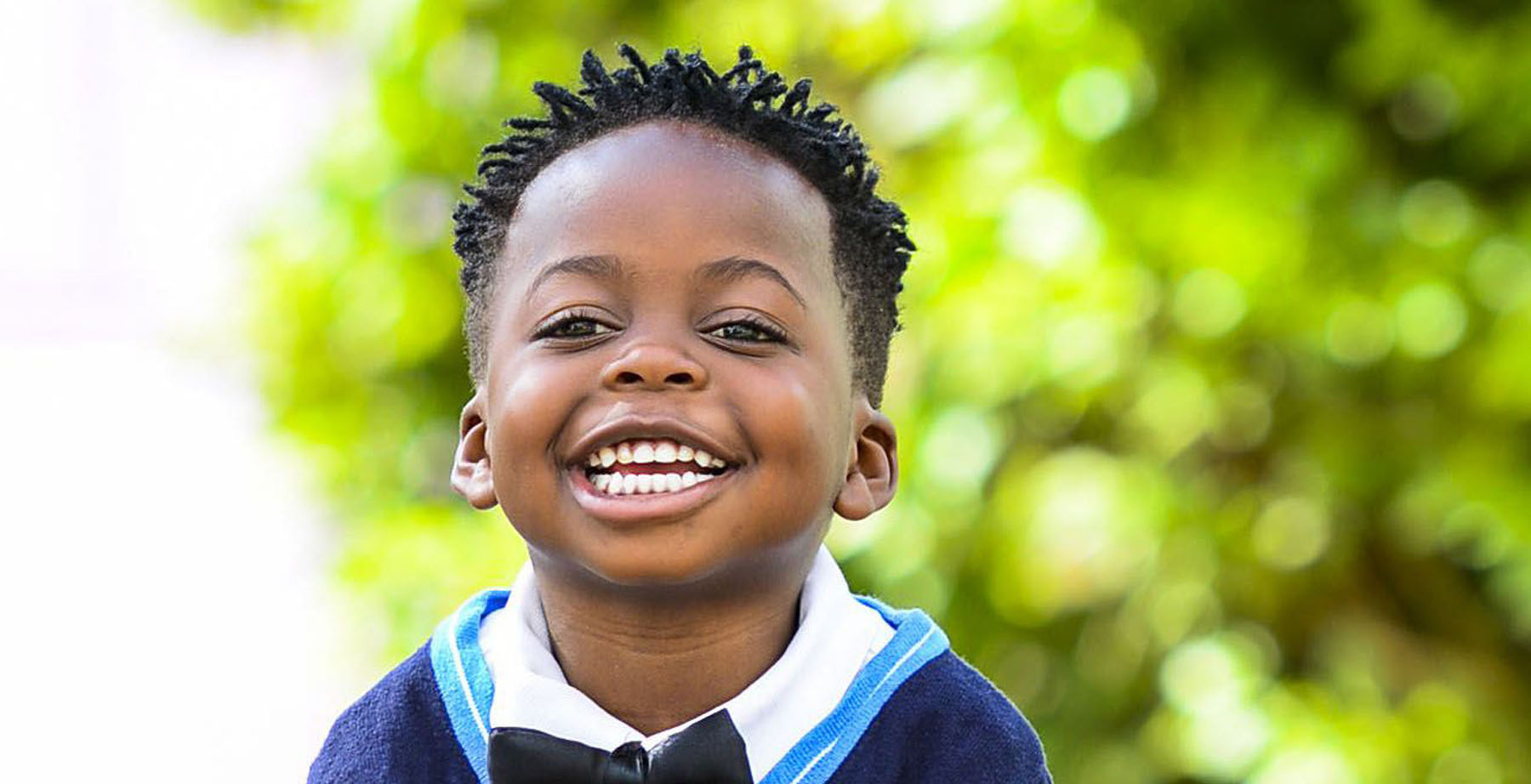Child Abuse Research Education and Service Institute
Trauma-Focused Cognitive Behavioral Therapy
Helping Children and Families Heal in the Aftermath of Trauma
Trauma-Focused Cognitive-Behavioral Therapy (TF-CBT), developed by CARES Co-Director Dr. Esther Deblinger in collaboration with Drs. Judith Cohen and Anthony Mannarino, is an evidence-based treatment model that has been evaluated and refined over the past 25 years to help children overcome the negative impact of trauma.
This approach has been recognized by the federal government’s Substance Abuse and Mental Health Services Administration as a model program. While TF-CBT was initially developed for addressing the needs of children who have suffered sexual abuse, the model has been adapted for use with children who have experienced a variety of traumatic experiences, including exposure to domestic violence, community violence, natural disasters, traumatic losses, bullying, and other traumatic experiences.
The TF-CBT model's efficacy has been examined in over 50 scientific investigations, including at least 20 randomized trials.
Treatment Goals
- Teaching children and their non-offending caregivers adaptive coping skills.
- Assisting children to emotionally and cognitively process their traumatic experiences.
- Reducing emotional and behavioral difficulties exhibited by children.
- Facilitating children's adjustment to placement when needed.
- Assisting non-offending caregivers in responding to their child's reactions as well as helping them cope with their own feelings related to the trauma(s).
- Working with caregivers and children in joint sessions to improve interaction, enhance communication, and practice personal safety skills to help reduce the risk of future victimization.
What to Expect
TF-CBT can effectively address a child’s trauma-related difficulties in about 12-16 sessions, and the model can be used in both individual and group therapy formats. Treatment generally consists of parallel sessions with children and their non-offending caregiver(s), as well as joint caregiver-child sessions in the later stages of therapy. Research has documented that this treatment model effectively helps children and adolescents (ages three to 18) overcome post-traumatic stress disorder, depression and feelings of shame, as well as other behavioral and emotional difficulties. The model also helps caregivers more effectively cope and optimally respond to their children's emotional needs.
Information
More information about Trauma-Focused-CBT, as well as on-line training for mental health clinicians, is available at the link below.
Questions?
The CARES Institute staff is available to answer your questions regarding TF-CBT.
Training
If you would like to receive training in Trauma-Focused CBT, please complete the Training Request Form.

